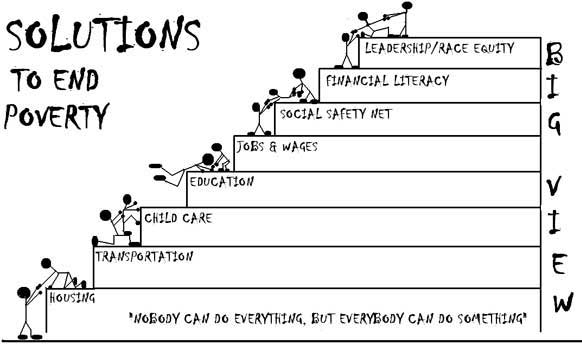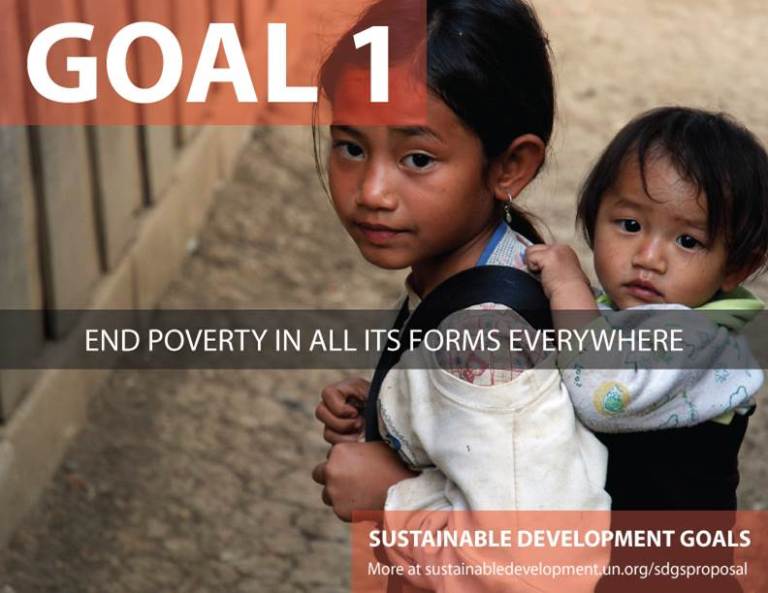
Attached is my presentation at the 2017 Association of Sustainble Development and Human Capability in Cape Town, September 6-9.
In my abstract to this conference, I emphasised the contribution by Christian and Muslim Faith Based Organisations towards the shaping and implementation of the Sustainble Development Goals and core actions towards sustainable development in the world with a focus on equality and justice.
The main focus was on Muslim FBOs in international development and humanitarian assistance and the shift in methodology, replacing more traditional forms of zakat with innovative social interventions, which are being analysed with a Sociology of Religion-approach. Faith Based Organizations are amoung the most involved Civil Society Actors in International Development Cooperation. Religious extremism is also one of the biggest hurdles in the implementation of the SDGs.

The value systems in relation to issues on equality, social justice and gender are changing in the post-secular world, with a higher degree of conflict in setting the agenda for sustainable development. The conflict in the MENA-region will also affect the way development and welfare is perceived, as the agendas often set in the Occident are perceived to be biased and not in line with religious tradition. Another important dimension is the involvement of Faith Based Organisations and their involvement in humanitarian & development assistance, as well as advocacy towards the most vulnerable people and communities is raising billions of USD in resources and employing hundreds of thousands of staff and volunteers in the millions. Caritas and Diaconia are frameworks for charity, human & sustainable development and mainly a right-based approach when it comes to poverty eradication & reduction. In the Islamic world, Zakat is the religious and social equivalence of Caritas and Diaconia.
While mainly Protestant and Catholic FBOs have been present with a higher degree of involvement and collaboration with international Civil Society Organisations and Official Development Cooperation as defined by OECD-DAC, Muslim FBOs are now following a similar, but also different path. The path, from traditional individual oriented and need-based charity to long-term sustainable development with a right-based approach, is similar within Islamic FBOs, compared to the Catholic, Orthodox and Protestant institutions, but also with obvious differences.
The post -2015 framework after the Millennium Development Goals, which now have been replaced by the Sustainable Development Goals, is a new platform for wider interreligious collaboration replacing traditional Christian-oriented Ecumenical partnerships. At the same time, new conflicts within Islam and between different religious groups and communities will also affect the configurations of Civil Society in Muslim and many developing countries and whether the SDGs will be attained or not. Alternative networks of development assistance & collaboration are being created, partly in criticism to the established institutional framework. As a result, the landscape of Civil Society will change, with more opportunities for collaboration, but also more segregations and hatred, which also ultimately will affect the attainment of the Sustainable Development Goals.
Attached is the full presentation at the conference:
Presentation Cape town 170907 Gärde
Here is the conference program attached:
https://hd-ca.org/conferences/2017-hdca-conference-cape-town-south-africa#anchor5